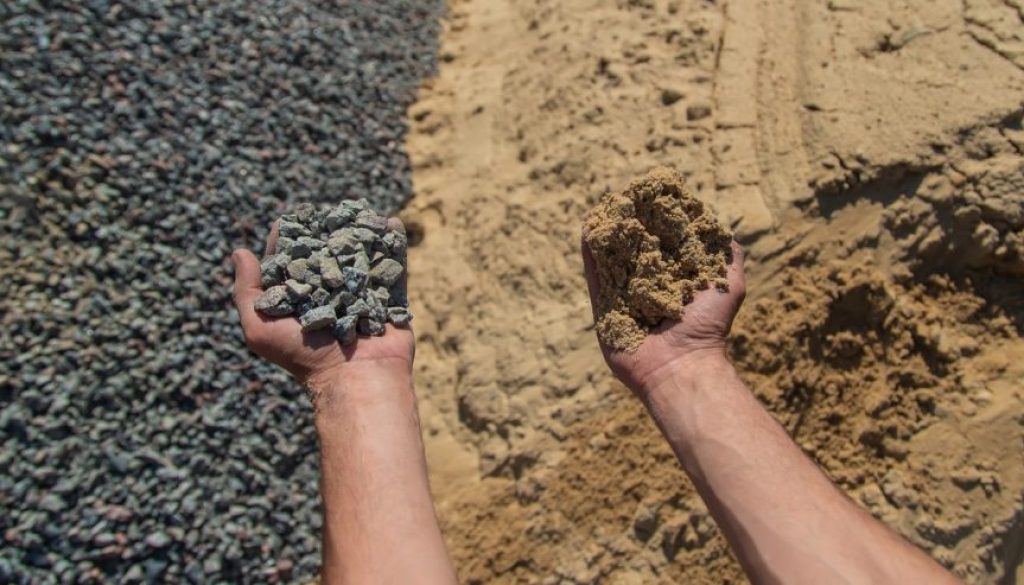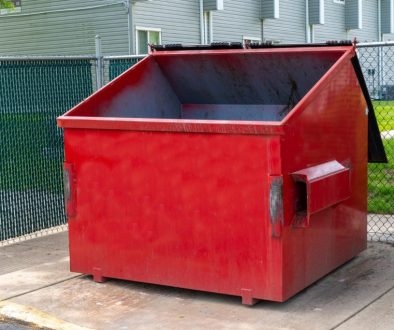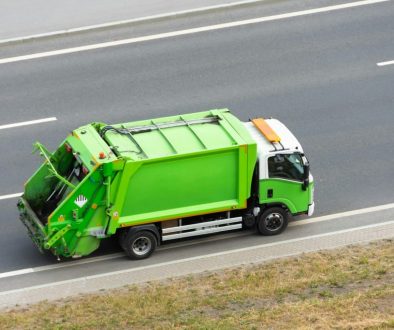The construction industry is responsible for a significant portion of global resource consumption and waste generation. As a result, it is becoming increasingly crucial to adopt sustainable practices and materials in construction projects to minimise environmental impact. One such environmentally friendly solution is the utilisation of sustainable aggregates in construction. Sustainable aggregates are materials derived from alternative sources or production methods that contribute to eco-friendliness, resource efficiency and reduced carbon footprint.
In this article, we will explore the various types of sustainable aggregates used in the construction industry, discuss their benefits and applications, and explain why choosing an environmentally-conscious provider is crucial for promoting sustainable practices in future projects. By focusing on eco-friendly aggregates, we can work towards a greener future and minimise the detrimental impacts of the construction industry on our planet.
Sustainable aggregates come in many forms, including recycled concrete aggregates, crushed glass, recycled asphalt, and reclaimed bricks, among others. These materials not only contribute to reducing construction waste but also save valuable resources by promoting the recycling and reuse of materials otherwise destined for landfill disposal. Furthermore, by employing sustainable aggregates, contractors can reduce their reliance on traditional materials such as natural sand and gravel, lessening the negative impacts of resource extraction, habitat destruction, and transport emissions.
Partnering with an environmentally-conscious provider like us is a crucial step in ensuring that your construction aggregates are sourced sustainably and that your project adheres to green building principles. By working closely with a reputable supplier, you can ensure that the aggregates you use contribute positively to the environment, reduce waste, and ultimately deliver a greener, more sustainable construction outcome.
Types of Sustainable Aggregates
To better understand the variety of sustainable aggregates available, let’s explore different materials and how their unique properties make them an eco-friendly option:
1. Recycled Concrete Aggregates (RCA): Derived from demolished concrete structures, RCA is crushed and graded to produce a sustainable alternative to traditional aggregates. Its properties and strength make it suitable for use in various construction applications, such as road bases, sub-bases, and drainage layers.
2. Crushed Glass: Recycled crushed glass is obtained by processing waste glass from bottles, jars, and other containers to create a fine aggregate material. Crushed glass can be used in a range of applications, including as a sand substitute in concrete production, landscaping, and road bases.
3. Recycled Asphalt: Recycled asphalt originates from waste asphalt products commonly used in road construction. By reusing this material, contractors can reduce their dependency on new asphalt materials, contributing to a lower carbon footprint and reduced resource consumption.
4. Reclaimed Bricks: Reclaimed bricks are salvaged from old or demolished buildings and can be cleaned, repurposed, and reused in new constructions. This process helps conserve resources and reduce waste by promoting the recycling and reuse of materials.
Benefits of Using Sustainable Aggregates in Construction
There are several advantages to using sustainable aggregates in construction projects, benefiting both the environment and your project’s overall quality:
1. Resource Conservation: Sustainable aggregates promote the efficient use of resources by reducing the need for new materials and saving energy needed for the extraction, processing, and transportation of traditional aggregates.
2. Waste Reduction: By reusing waste materials such as crushed glass and reclaimed bricks, sustainable aggregates help reduce landfill waste and promote a circular economy within the construction industry.
3. Cost Savings: Sustainable aggregates are often more affordable than their traditional counterparts due to lower production costs and increased availability. As a result, contractors can enjoy reduced project expenses without compromising on quality.
4. Compliance and Reputation: Using sustainable aggregates can help construction companies demonstrate their commitment to sustainability and adhere to environmental regulations, enhancing their reputation and potentially attracting more clients.
Best Practices for Utilising Sustainable Aggregates
To maximise the benefits of sustainable aggregates in your construction project, follow these best practices:
1. Identify Suitable Applications: Determine which construction applications are most suitable for sustainable aggregates, taking into account factors such as load-bearing capacity, structural requirements, and environmental conditions.
2. Quality Assurance: Ensure that the sustainable aggregates you source meet the required quality and performance standards for their intended applications. This may involve testing the aggregates for properties such as strength, durability, and contamination levels.
3. On-site Waste Management: Implement a comprehensive waste management strategy, which includes recycling and reusing construction waste materials, to contribute to the production of sustainable aggregates and promote a circular economy in the construction industry.
4. Collaborate with a Trusted Supplier: Partner with a reliable and environmentally-conscious supplier to guarantee the sustainable sourcing, production, and delivery of the aggregates you require.
Why Choose an Environmentally Conscious Provider
Selecting the right provider for your sustainable aggregates needs is crucial. Here are the key reasons why partnering with an environmentally-conscious supplier makes all the difference:
1. Expertise: With our extensive experience in the industry and a strong focus on environmental protection, we can provide expert guidance on the most suitable sustainable aggregates for your specific project requirements.
2. Reliable Sourcing: As an environmentally-conscious provider, we prioritise the ethical and sustainable sourcing of aggregates, giving you peace of mind that your materials are contributing to a greener construction process.
3. Customised Solutions: We understand that each project is unique, and we tailor our services to provide the most appropriate and sustainable aggregates based on your specific needs, preferences, and budget constraints.
4. Compliance Support: We stay up-to-date with the latest environmental regulations and industry standards, ensuring that the sustainable aggregates we supply meet all necessary requirements and contribute to a compliant and eco-friendly construction project.
Conclusion
By incorporating sustainable aggregates into your construction projects, you can promote environmental responsibility, reduce waste, conserve resources, and improve the overall sustainability of the construction industry. Partnering with a trusted, environmentally-conscious provider like Enviro Skip Hire is essential to achieve the best results and ensure a greener, eco-friendly approach. Contact us to learn more about our wide range of sustainable 6f2 aggregate and how we can help you meet your project’s environmental objectives.




